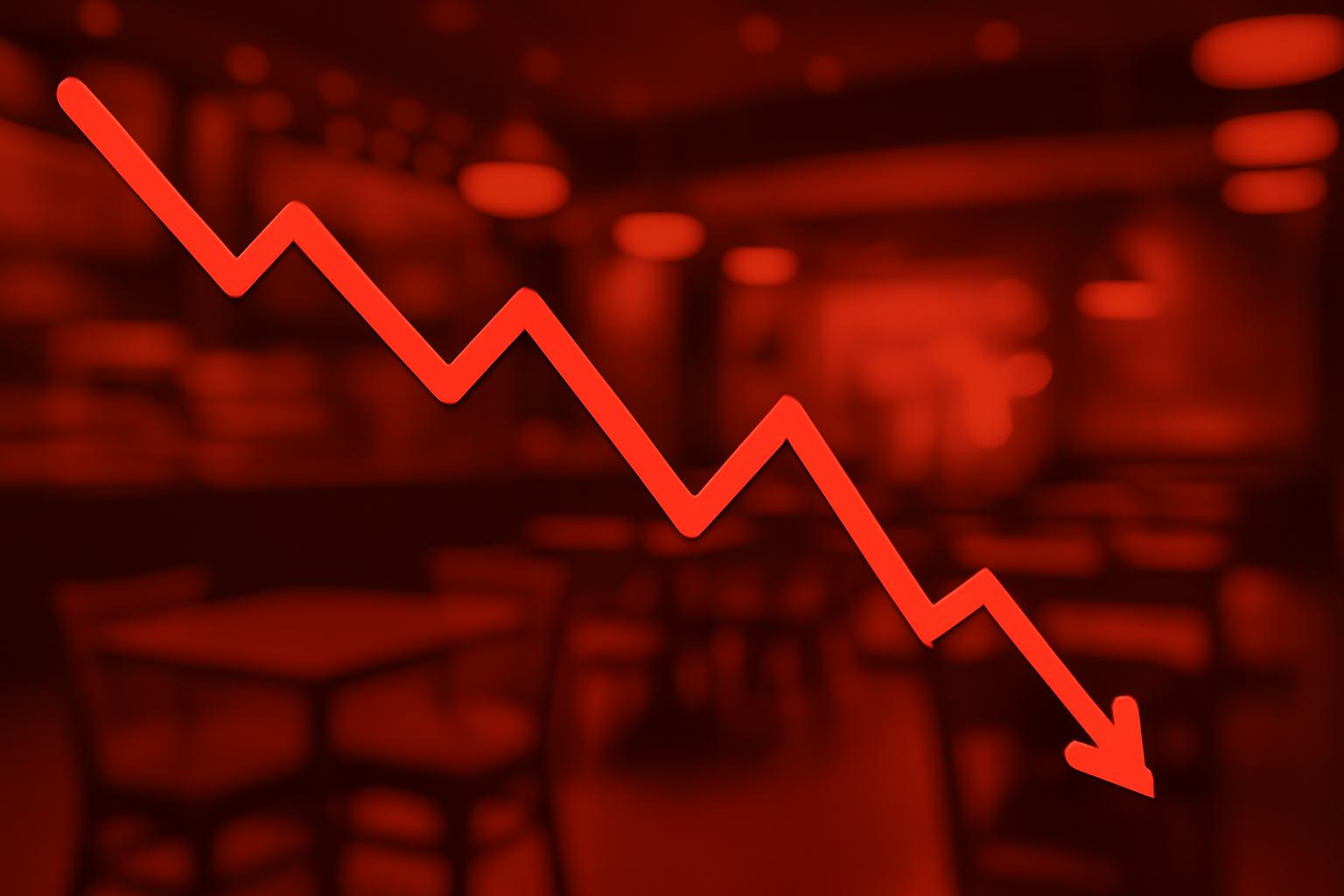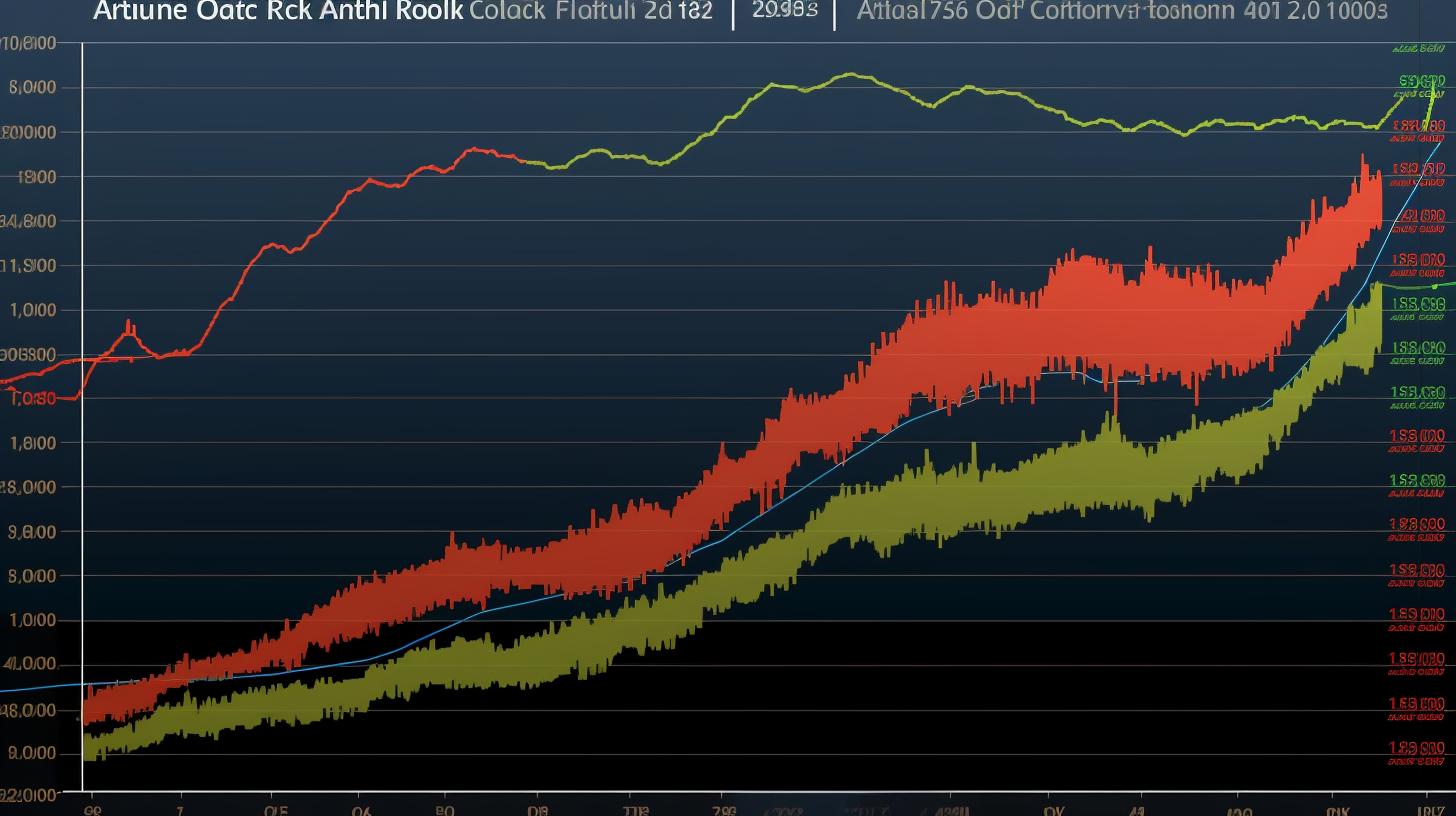Chipotle Earnings Miss Expectations, Shares Drop 13%
Chipotle Mexican Grill reported quarterly revenue of $3 billion for the third quarter of 2025, falling short of Wall Street estimates of $3.03 billion. Despite a 7.5% rise in net sales driven by new restaurant openings, the company’s shares plunged 13% in after-hours trading following the announcement. The restaurant chain also reported net income of $382.1 million, or 29 cents per share, slightly down from $387.4 million, or 28 cents per share, a year earlier. Adjusted earnings per share matched analyst expectations at 29 cents.Lowered Sales Forecast Reflects Consumer Caution
Chipotle revised its full-year same-store sales forecast downward to a low-single digit decline, a significant shift from its February outlook predicting low- to mid-single digit growth. This marks the third consecutive quarter the company has lowered its sales guidance. CEO Scott Boatwright attributed the decline to “consistent macroeconomic pressures,” noting a 0.8% drop in customer traffic—the third straight quarter of declines. After outperforming the broader restaurant sector in 2024, Chipotle is now feeling the effects of a slowing consumer environment.Shifts in Consumer Behavior Impact Traffic
Chipotle’s customer base, historically skewed toward higher-income consumers, is now experiencing pullbacks across all income brackets. Approximately 40% of customers earning under $100,000 have reduced their dining frequency amid economic uncertainty and inflation. The 25 to 35-year-old demographic is especially affected, facing challenges such as rising unemployment, increased student loan repayments, and stagnant real wage growth. Boatwright emphasized, “We’re not losing that customer. They’re just coming less often.”Operational Performance and Strategic Initiatives
Same-store sales increased marginally by 0.3%, reversing last quarter’s decline, driven primarily by a 1.1% rise in average check size despite lower foot traffic. CFO Adam Rymer highlighted the impact of intensified marketing campaigns and new menu items like carne asada and red chimichurri, though underlying sales trends remain pressured. Boatwright reaffirmed the company’s commitment to its value proposition, ruling out discounting strategies despite competitive pressures. He acknowledged that consumers perceive Chipotle’s pricing closer to fast-casual peers with average entree prices around $15, compared to Chipotle’s approximate $10 price point. To stimulate traffic growth, Chipotle is prioritizing in-restaurant execution, enhancing digital experiences, expanding marketing efforts, and innovating its menu.Expansion and International Growth
Looking ahead to 2026, Chipotle plans to open between 350 and 370 new locations, including 10 to 15 international restaurants operated by partners. The company recently forged a joint venture with South Korea’s SPC Group and signed development agreements in the Middle East and Latin America to accelerate global expansion.FinOracleAI — Market View
Chipotle’s latest earnings report underscores the challenges fast-casual dining faces amid persistent economic pressures and shifting consumer behavior. While the brand maintains a strong value proposition and growth trajectory through store openings and international partnerships, traffic declines signal cautious consumer sentiment.- Opportunities: Expansion into international markets could diversify revenue streams and offset domestic headwinds.
- Risks: Continued traffic declines and inflationary pressures may compress margins and limit same-store sales growth.
- Menu innovation and digital enhancements could improve customer engagement and frequency.
- Maintaining price positioning without discounting is critical to preserving brand value.
Impact: Negative short-term market reaction reflects investor concerns over weakening consumer demand, but strategic growth initiatives offer potential medium-term upside.













